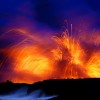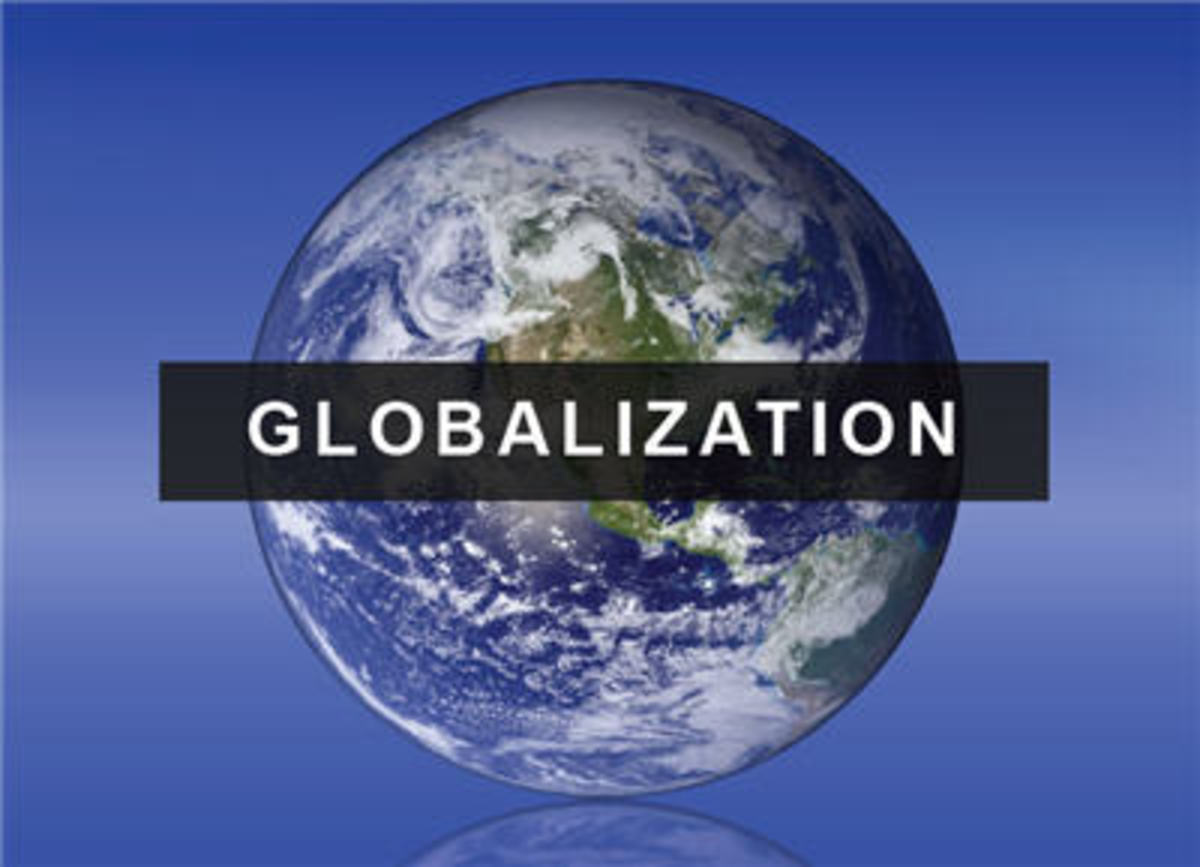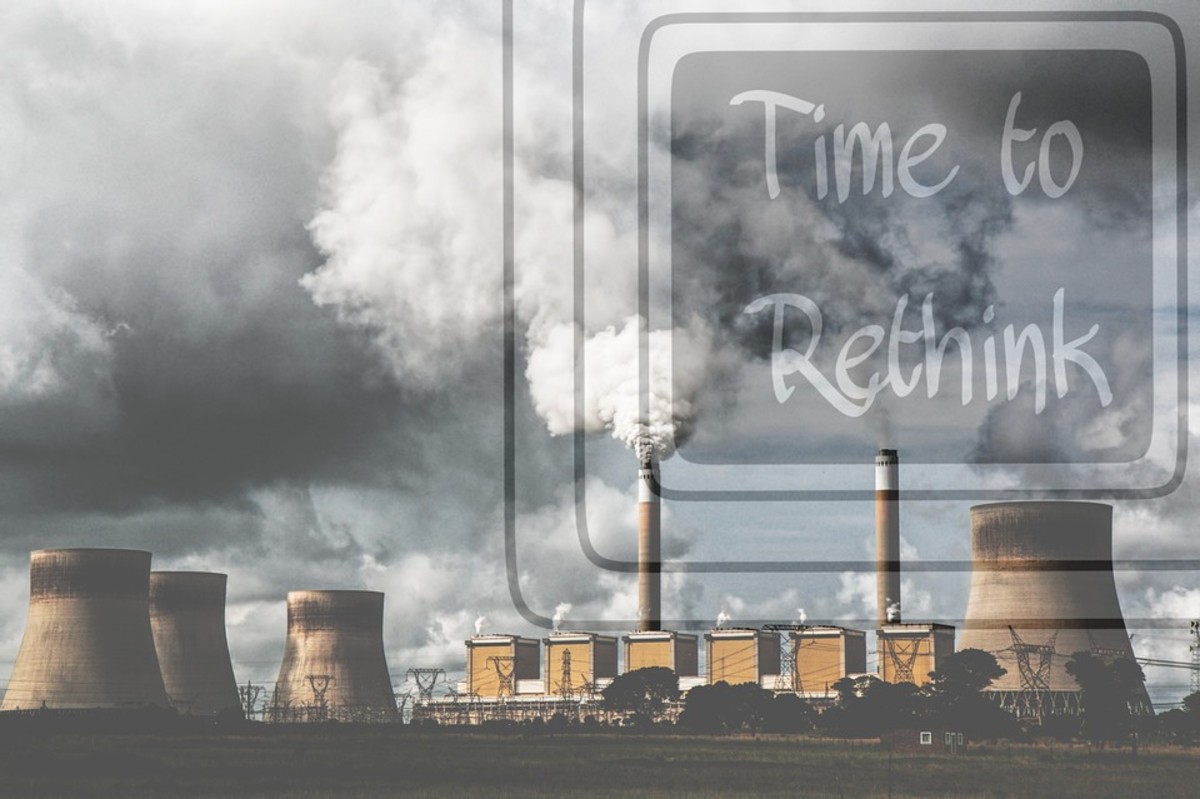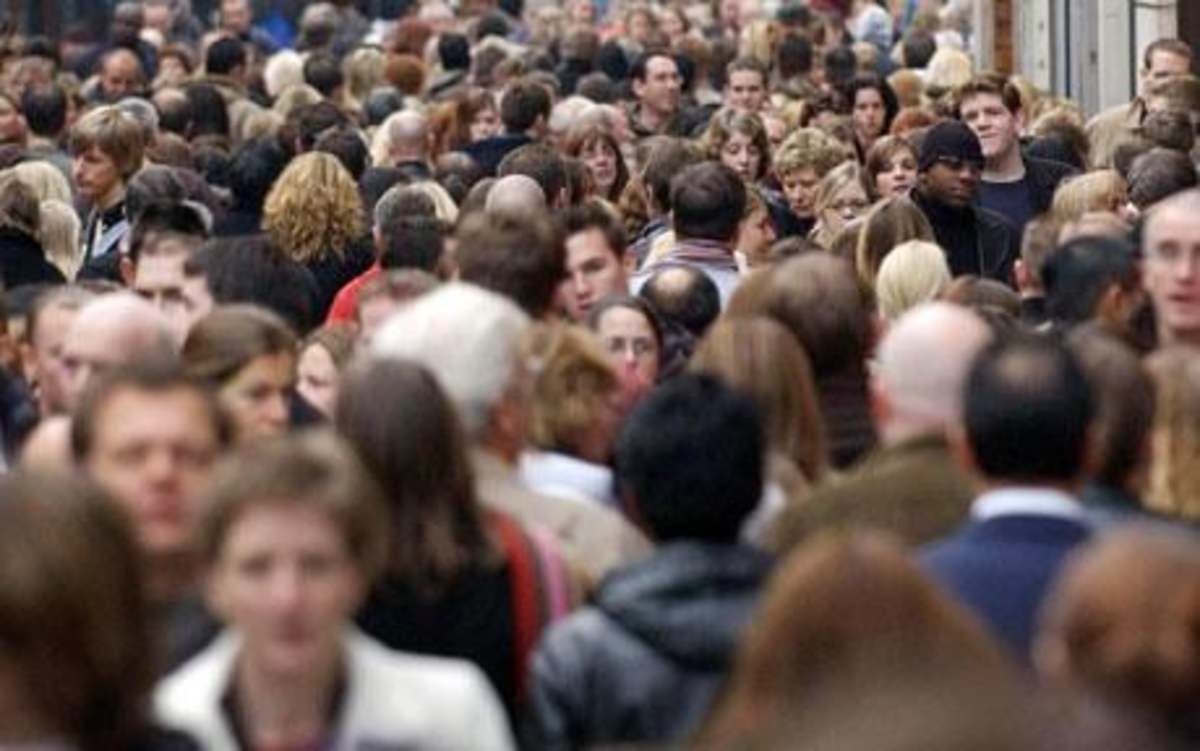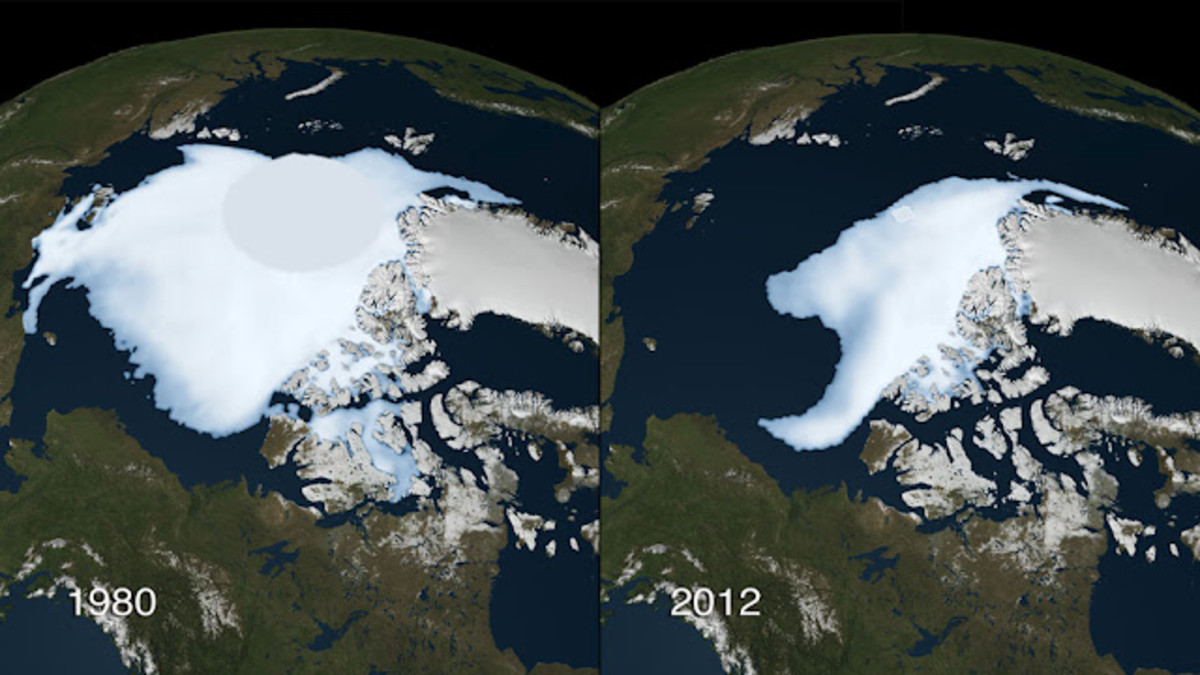Earth Day 2012
Will this coastline be here in the next 20 years?
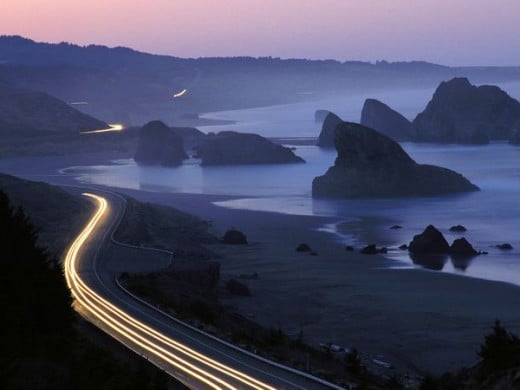
Fourty-two years has passed and then next twenty years will be completely different from the previous and scary
April 22th is coming up. A date started forty-two years ago with much enthusiasm and thought. Recognition to environmental issues was publicity, people worked on making awareness of the damage done to our own planet. This was Earth Day. And another one is already upon us. Should we be celebrating our efforts? Or, are we going to have a failing grade?
Since 1970, we are facing new environmental problems. The basic concerns back in those good old days were acid rain, overuse and improper use of pesticides and fertilizers, rapid population growth and water pollution by industries along the Great Lakes, The acid rain problem and water pollution has been addressed with much success, especially in Eastern Canada and the northeastern United States. Many books about environmental issues were published such as The Population Bomb by Paul Ehrich and, Limits to Growth by the Club of Rome.
What “new” issues are we facing today? After 1970, new issues came on the scene. The ozone hole over Antarctica, global warming, rapid extinction of plants and animals, invasive species, globalization, and rapid migration of rural people to the city creating megacities. Also in developing countries, the rapid population growth rates which causes enormous pressures on food, water and infrastructure.
The changes we are experiencing now are so much different than back in the seventies. Our society is so vulnerable to unexpected changes. We are greatly affected by any technological, economic or climatic interruptions; that is, enough to create a crisis that ripples throughout the planet.
Our society today is much more complex than forty years ago, in terms of technology, social complexity and political instability. To add to the stress that many societies are facing are the “multipliers” One multiplier is the rising speed and connectivity of our activities and technologies. The second one is the escalating power of small groups of people capable of destroying things and other people. These could be the powerful elite and the angry mob of people we call terrorists who feel they have been “duped” by the controlling rulers. These multipliers greatly increased the effects of five global stresses:
1) Population stress -- arising from differences in the population growth rates between the rich and poor societies and from the spiraling growth of megacities in poor countries;
2) Energy stress – above all from the increasing scarcity of conventional oil;
3) Environmental stress -- from worsening damage to our land, water, forest and fisheries;
4) Climate stress – from changes in the makeup of our atmosphere;
5) And finally economic stress -- resulting from instabilities in the global economic system and ever widening income gaps between the rich and poor people.
The first one, population stress, plays a major role in all of the rest. Just the sheer number of people demanding resources, either for basic needs for survival, or consumer wanting more toys. Sixty-four percent of the world’s population growth occurs only in eleven countries! These countries increase our population by 135,000 every day! The second one, running out of conventional oil, is the one most likely to cause unbelievable disruption in everything we try to do and could lead to a complete breakdown in our civilization. Thirty-six percent of the world consumes oil and 24% consumes natural gas. The other 40% is coal, nuclear and hydro. Thus, 60% of the world’s population depends on oil and natural gas for electricity, heating and transportation. When the world reaches peak oil (which could very soon), the price of oil will skyrocket. Electricity will no longer be cheap and either will be gasoline. The next two, environmental and climate, are related to the forces of nature. This century may be nature’s “golden” era. It will be the “Age of Nature”. We will learn, probably the hard way, that we cannot separate us from nature; we are actually dependent upon it and when there is trouble in nature, there is trouble in society!
The fifth one, economic stress, is related to the more recent phenomenon: globalization. Globalization wouldn’t be possible without the multiplier effect, speed and connectivity, and in particular, the Internet. Now, when there is an economic crisis, not only the world feels its effect but it happens very swiftly and usually takes us by surprise. People, far and wide, are connected, by lightning-fast information technology, receiving goods and services, information, and economic benefits almost instantly. But globalization can also cause immediate stress when the market takes a “nose-dive”; everyone involved is affected by it, causing panic.
Any one of these or more than one can lead to a breakdown in our system with severe consequences. Let’s look at a relatively recent case – the 2003 blackout across the Eastern North America.
When the power went off in August, 2003, all air conditioners, elevators, subways and many traffic signals failed but that wasn’t surprising. What did surprise many people, though, was the simultaneous failure of portable phones, automatic tellers, debit card machines, electronic hotel-room doors, electric garage doors, and almost all clocks. Most disconcerting of all, was the loss of the constant flow of information that’s become a drug in our lives, as people were cut off from television, e-mail and – worst of all – the Web. No one could tell what was going on.
In my opinion, the greatest threat to our society is when we cannot produce enough electricity to meet our needs; especially, the basic ones. When blackouts severely disrupted our electrical supplies, for long periods of time with little hope of coming back on the grid on time; this could be disastrous for those affected.
We need to find a way to become less dependent upon globalization, our government and large institutions that provide our basic needs. There are two things we need to do – almost immediately. Focus on local energy generation, decentralized control of our resources, and use alternative energy sources (like small- and medium- scale solar, wind and geothermal power) so that individual users are more independent of the grid. Secondly, we should prepare ourselves for a different world. A survival package is needed, so communities can survive when chaos and disaster strikes. This is just being smart.
This is what we should focus on for Earth Day. But why make it just for one day? This year make this the “Year for Survival” As the Boy Scouts suggests: “Be Prepared!”
